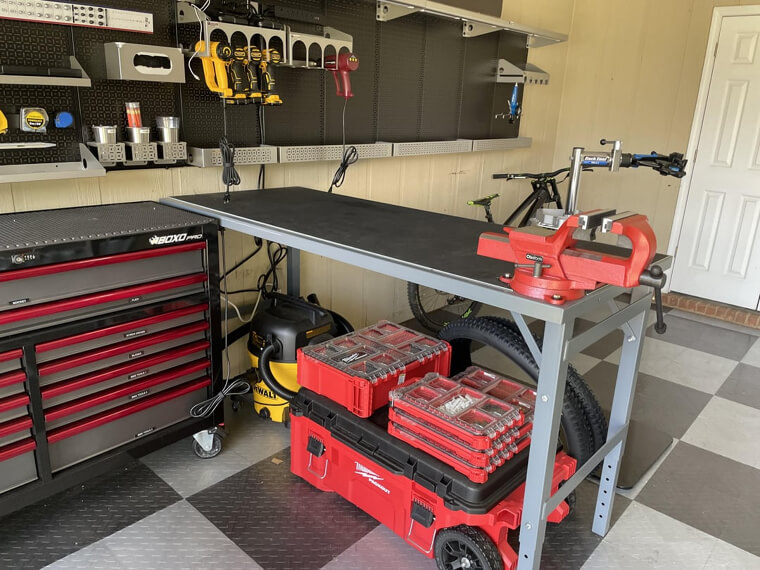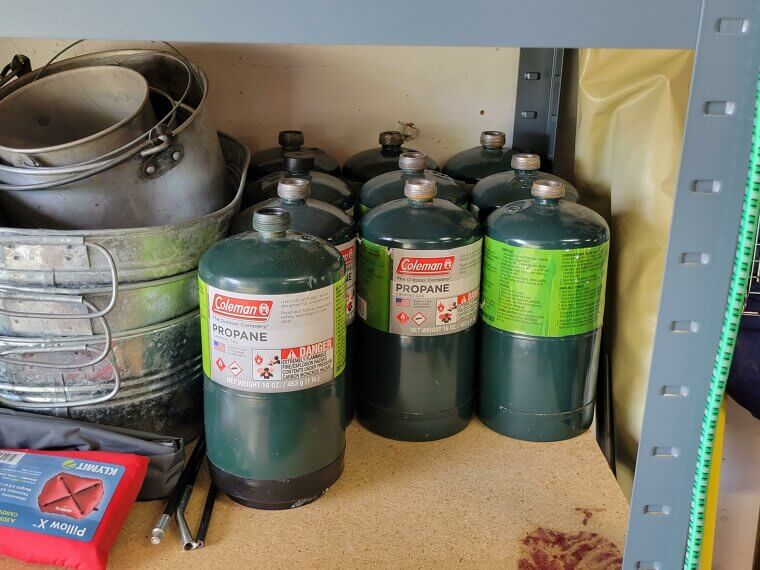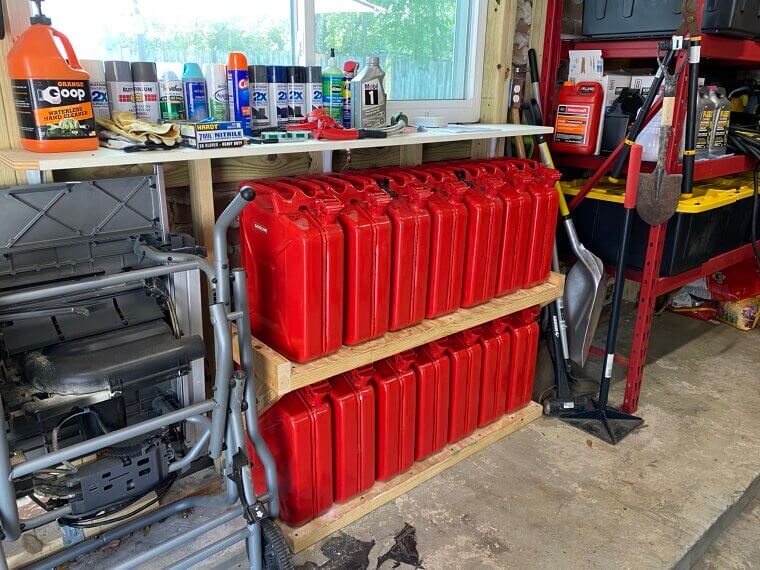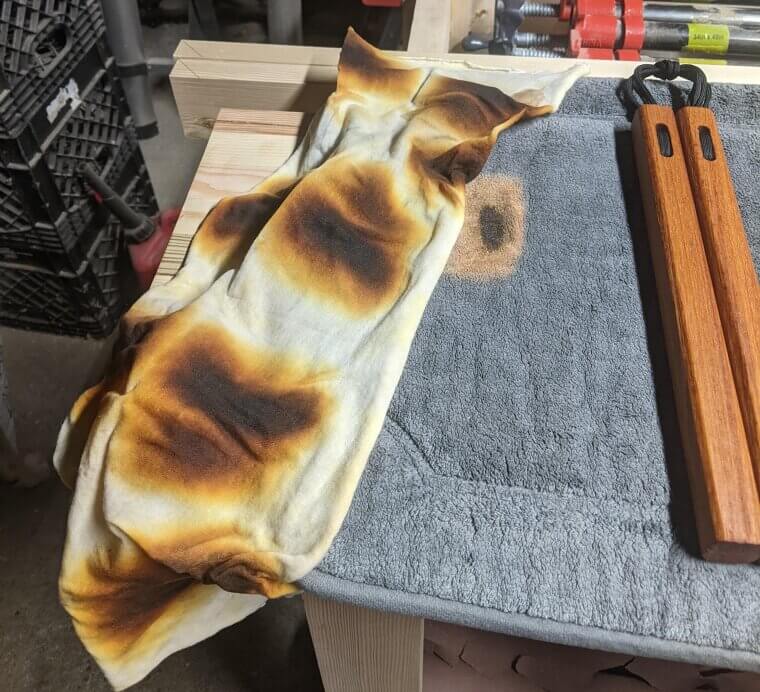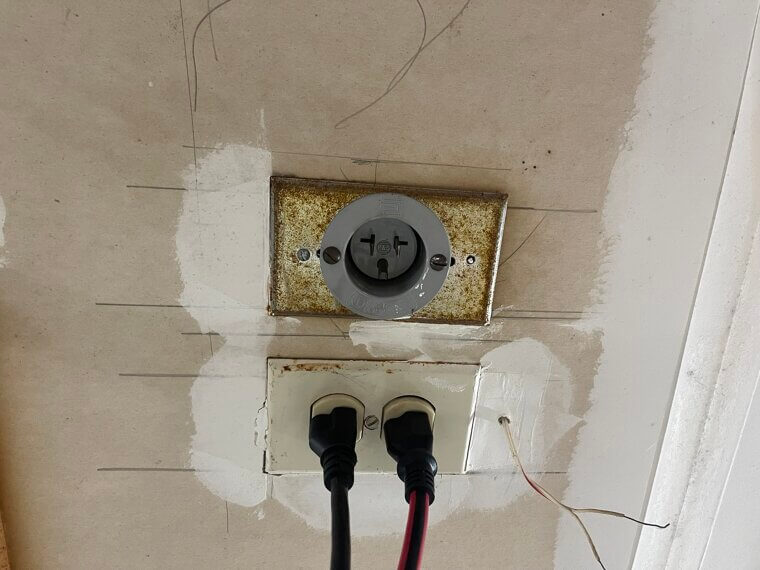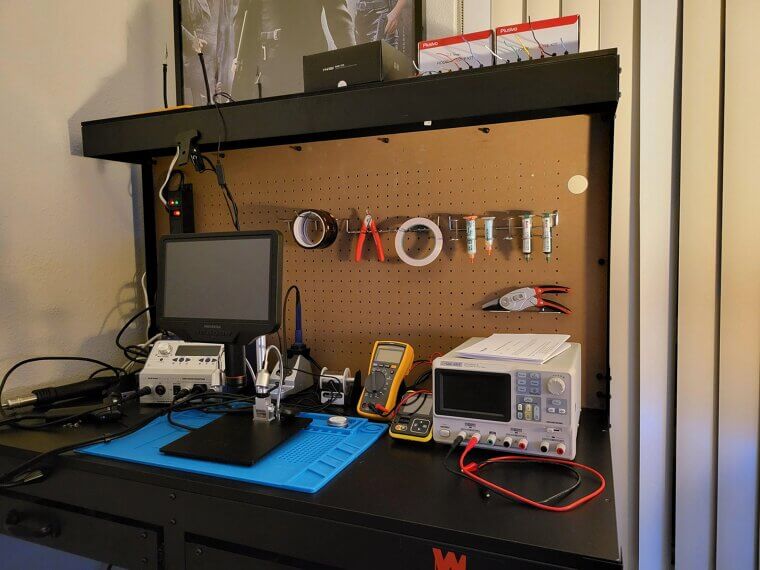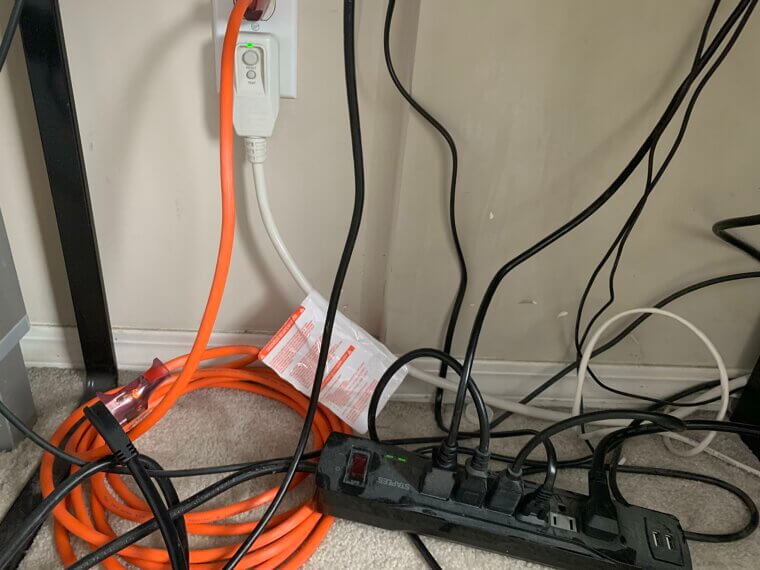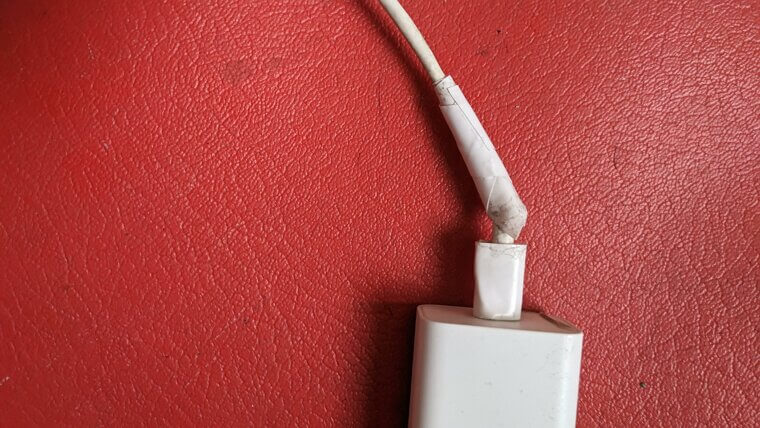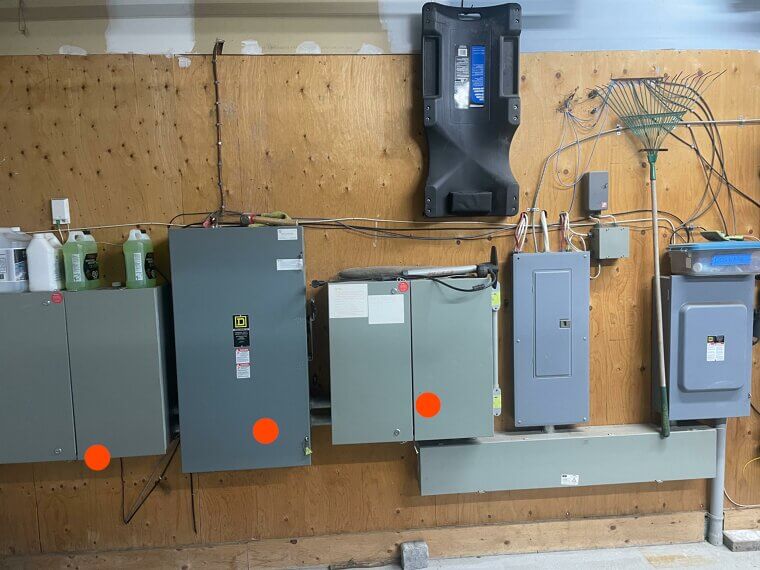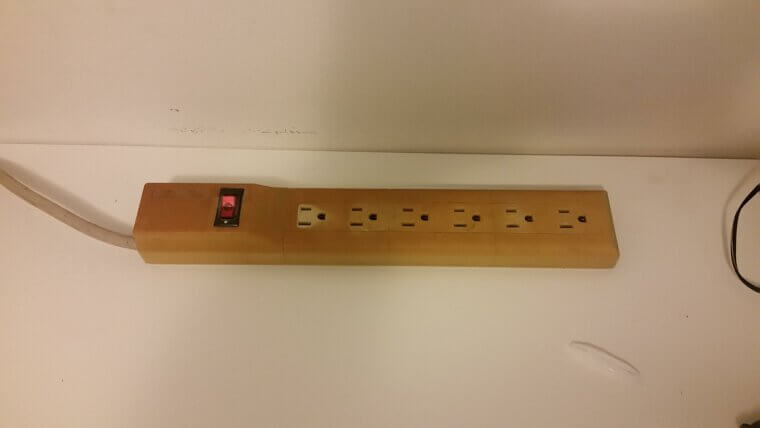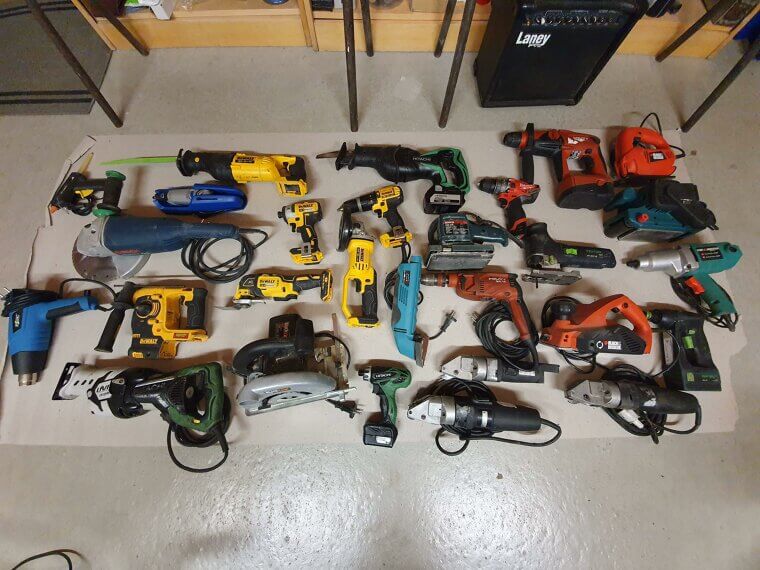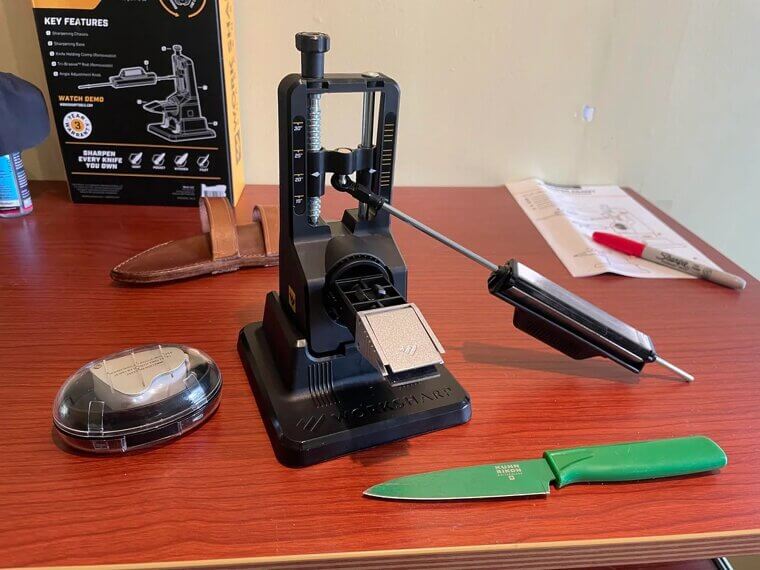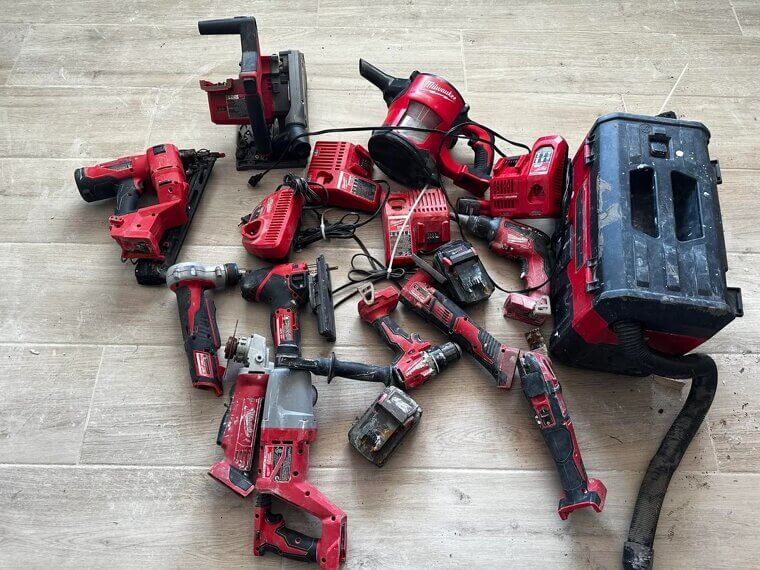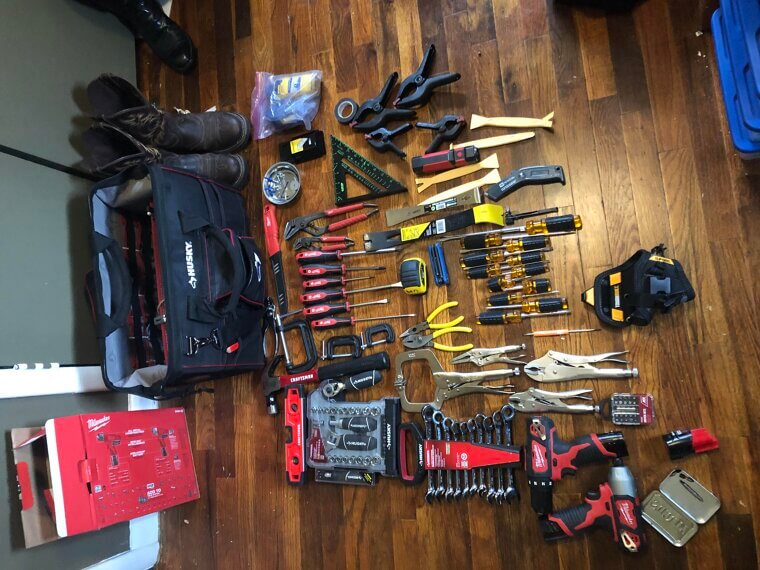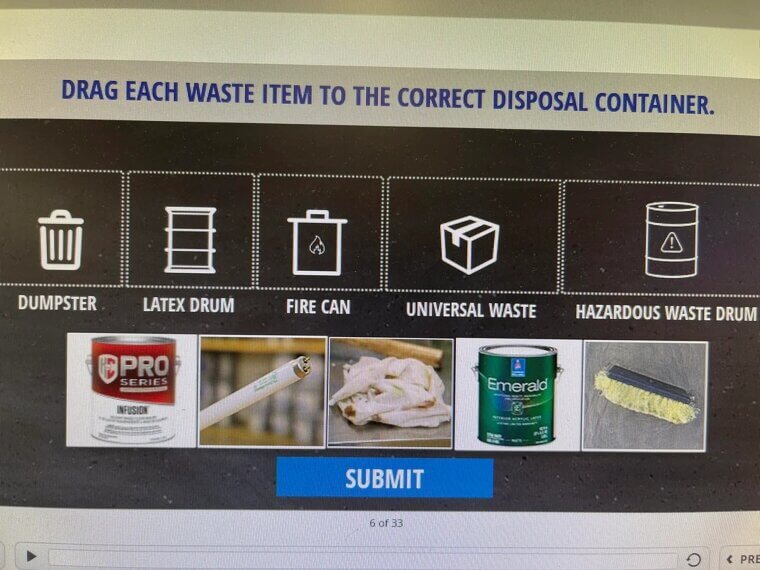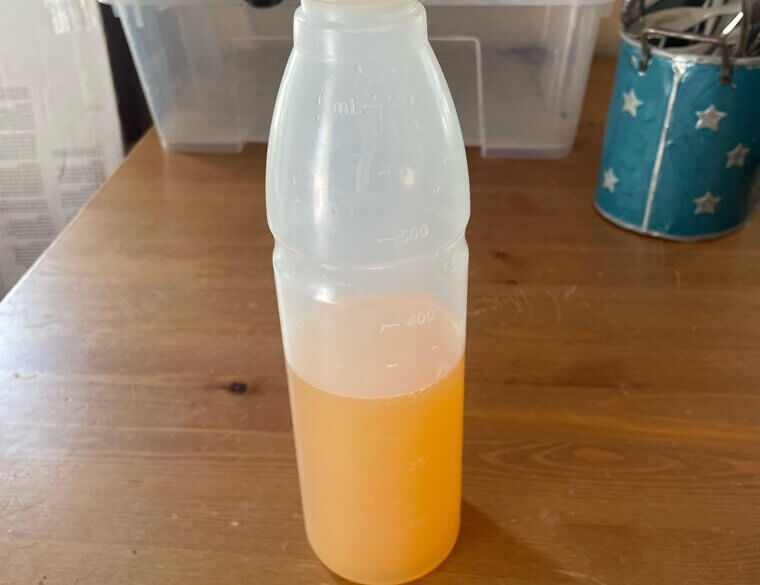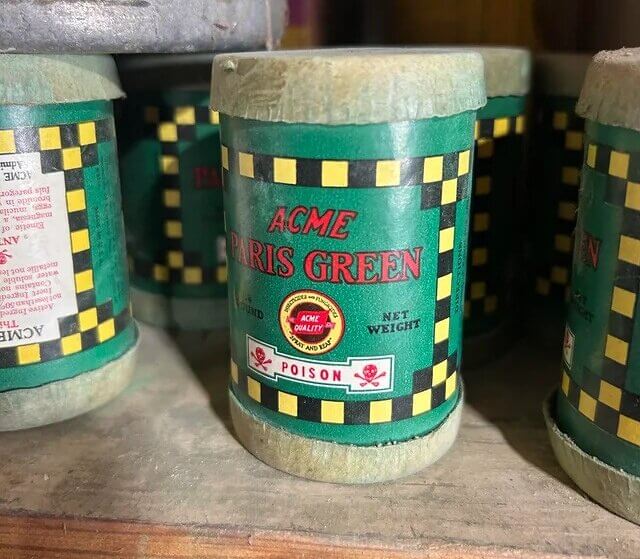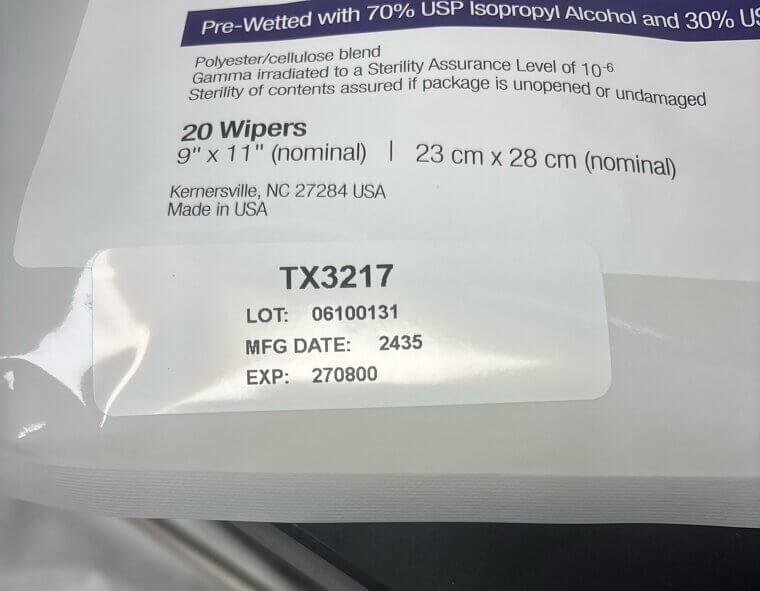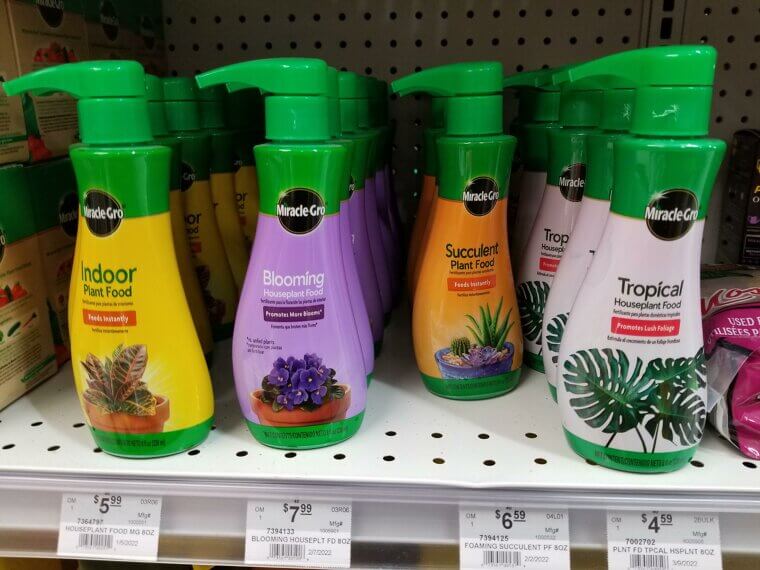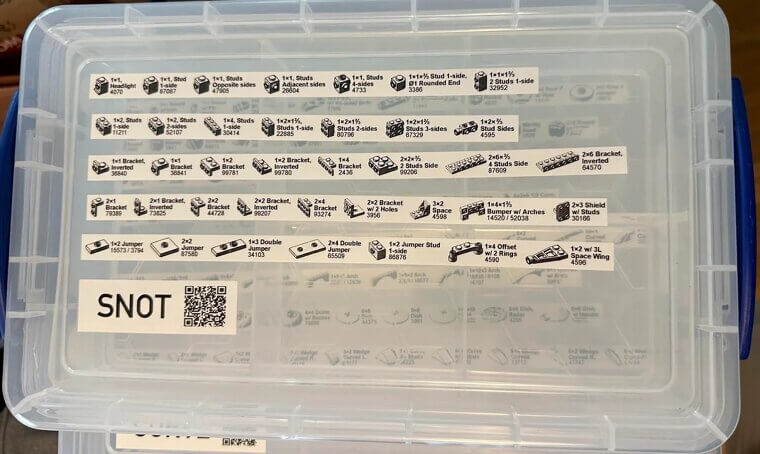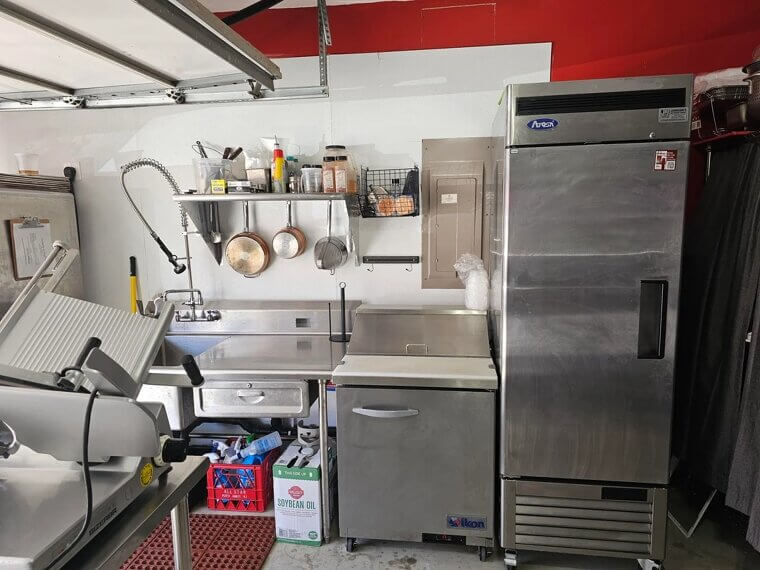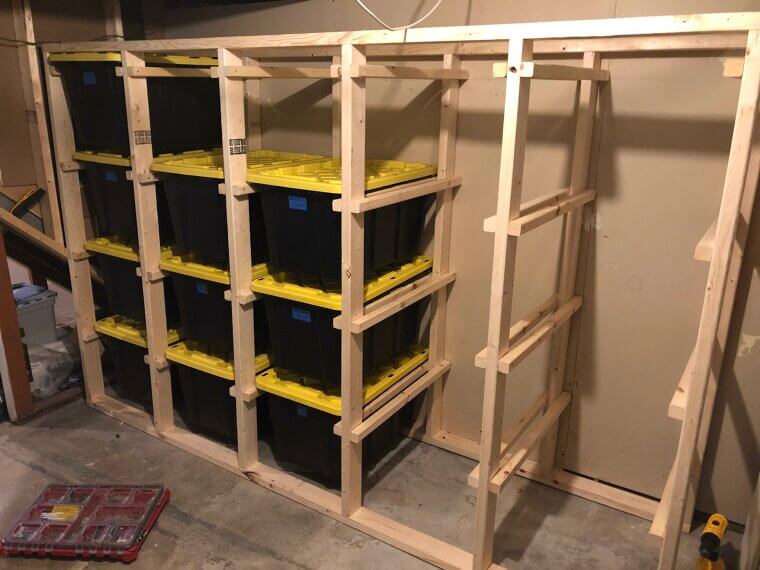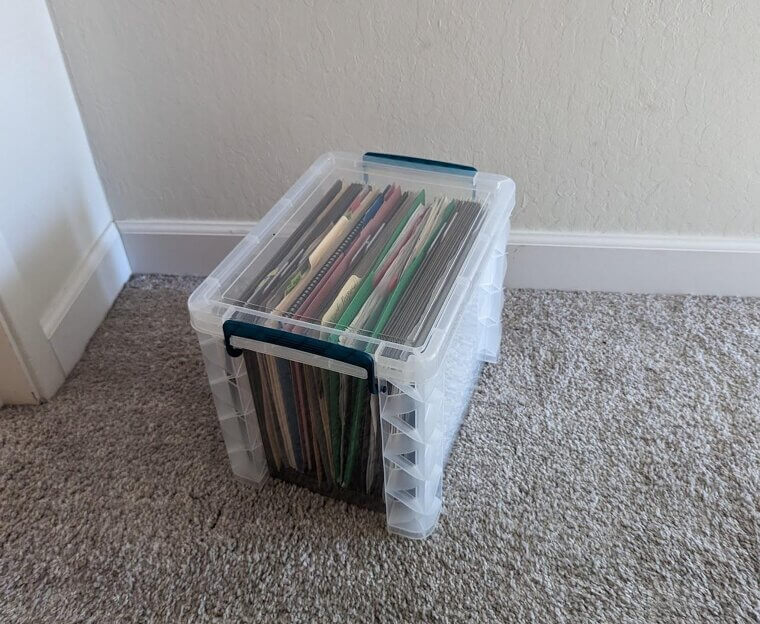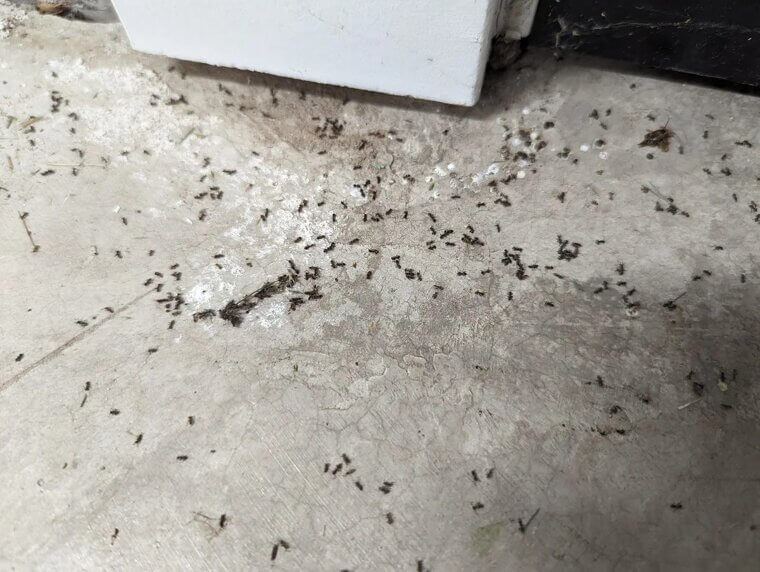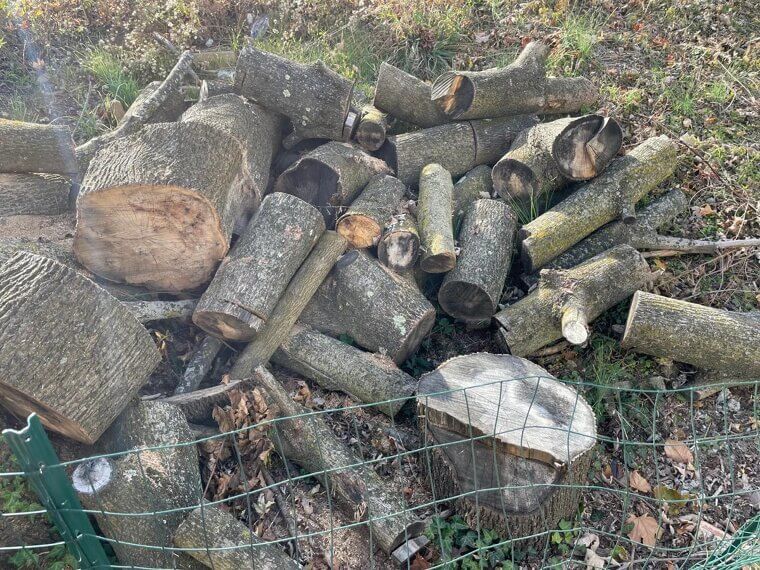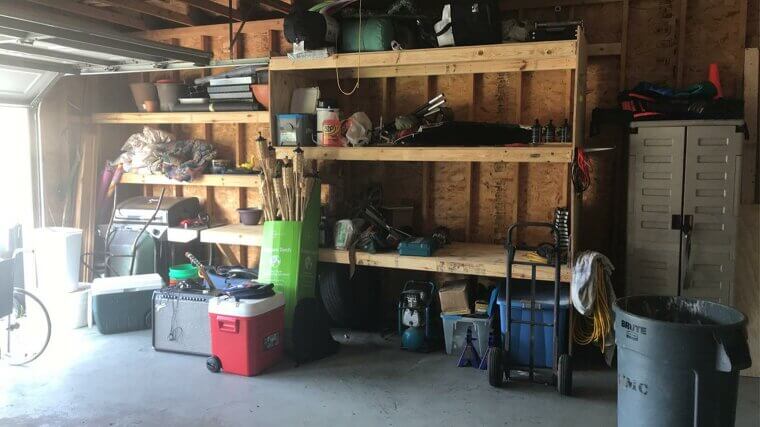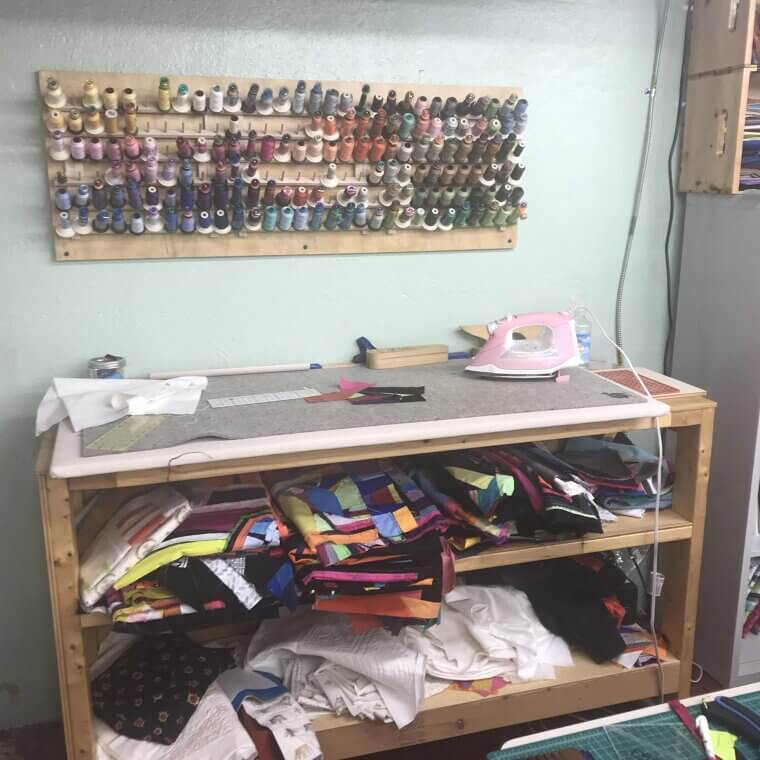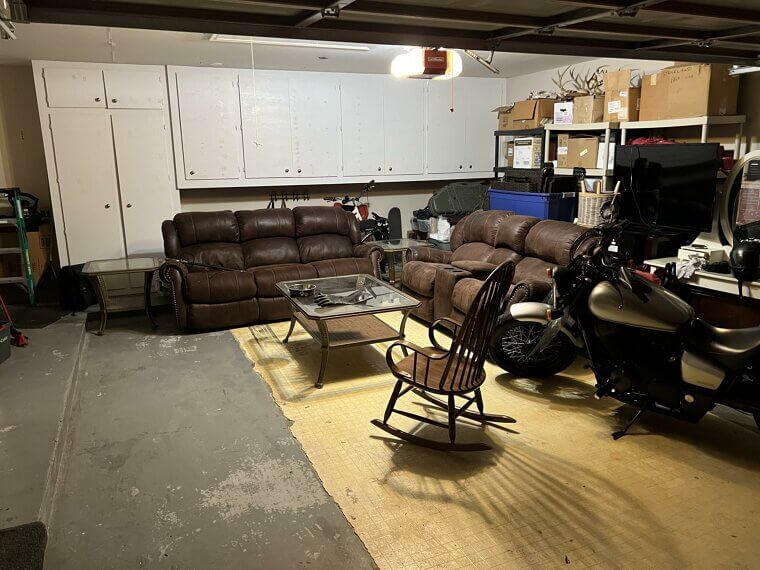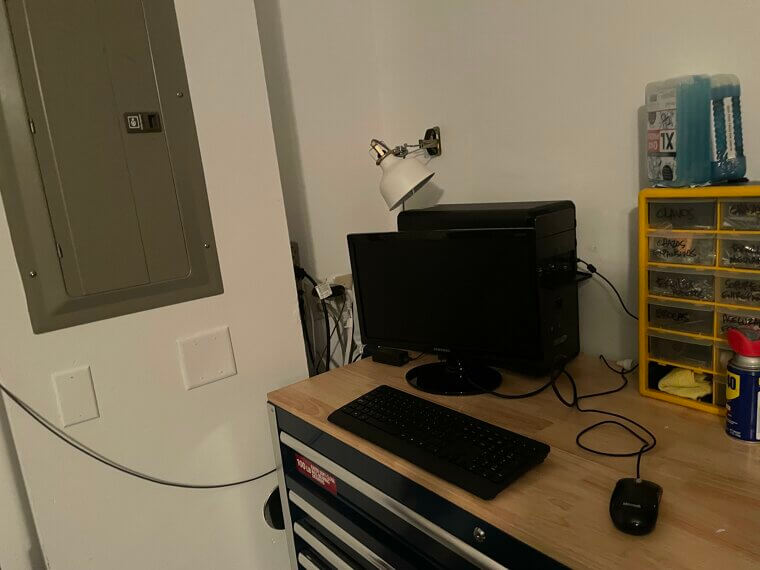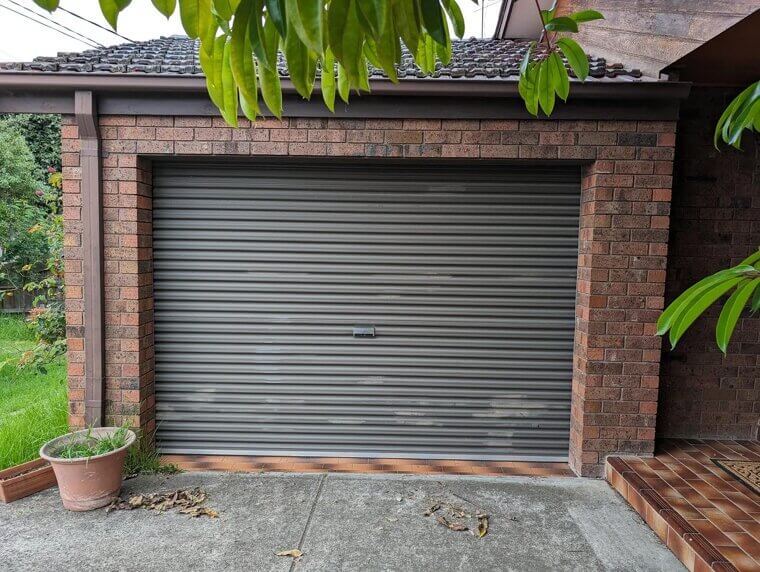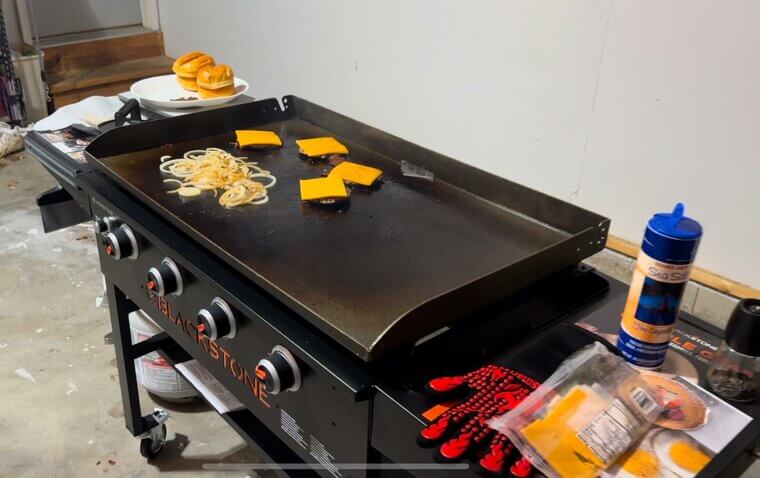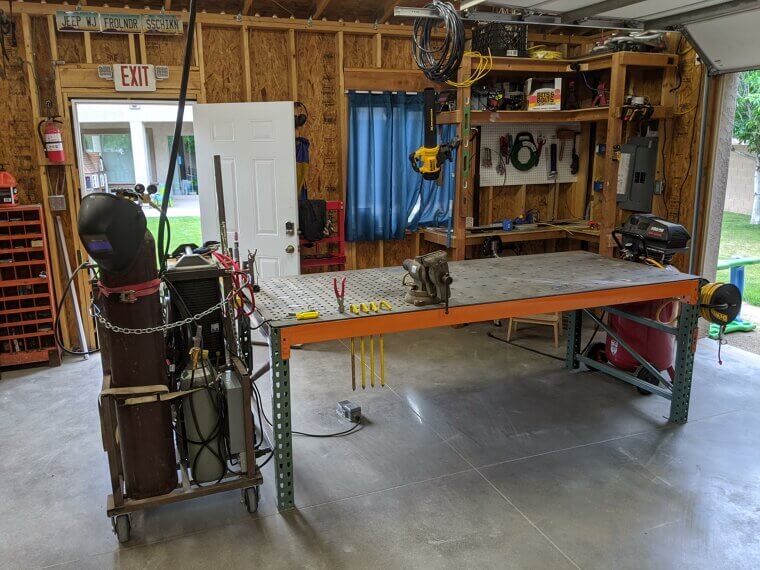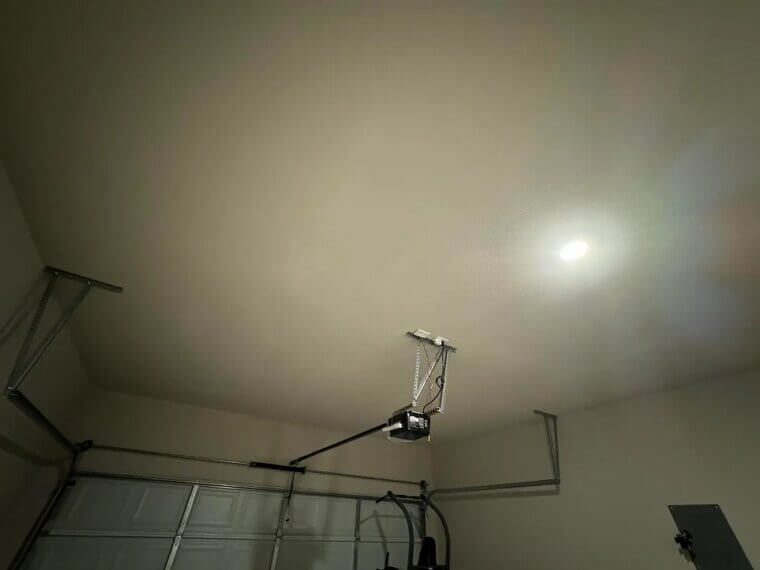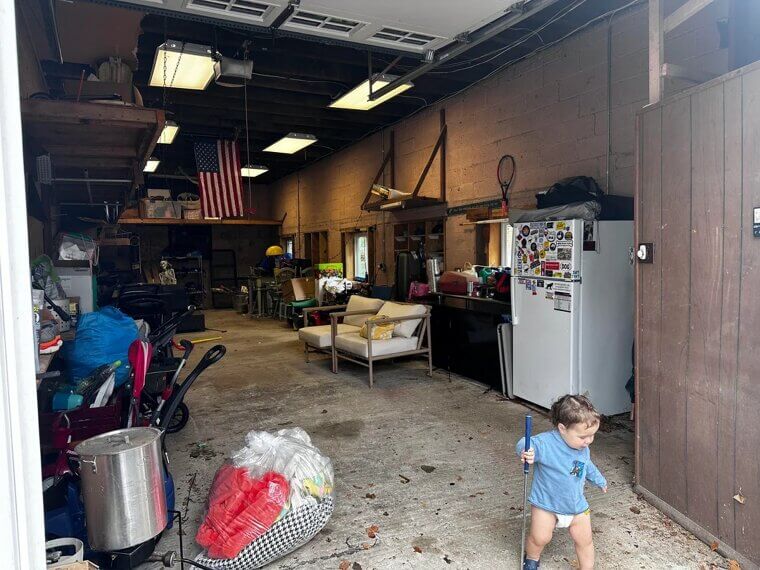Keep Your Limbs by Avoiding These Tasks
Garages are the modern blacksmithy, at least in the sense that it’s a place where manly men do their business. That said, there are several things you’ll want to avoid if you at all value your limbs, and don’t enjoy the idea of recovering in the hospital.
Store Propane Tanks
If you’ve got a home grill, chances are you’ve also got one or two spare cans of propane lying around. Whatever you do, don’t store these in your garage. Propane tanks can leak, which poses a huge fire risk, not to mention the fact that it smells bad. Always keep them outside in a well-ventilated area.
Gasoline Cans
Gasoline and oil are two major liquids that keep your vehicle running smoothly, so you may be surprised to learn that it’s generally safer to keep them further away from your car than you may have originally wanted to. At the very least, you should ensure that their containers are kept sealed as tightly as possible at all times.
Oily Rags
If you have any investment in the well-being and upkeep of your car whatsoever, you’ve definitely got one or two rags lying around your garage right now. Be careful about leaving them exposed to the elements, however - oily rags are somewhat prone to spontaneous combustion.
Electrical Outlets
You may not have a TV, video game console, and electric fan plugged in somewhere in your garage at once, but you’ve definitely had some tools plugged in before. Be careful about plugging too many in at the same time, however, since overloaded outlets can cause electrical fires.
Flammable Materials
Newspapers; magazines; blankets; human hair - take a guess as to what these things all have in common. Indeed, they’re all exceptionally flammable when exposed to sources of intense heat, so you’ll want to make sure that your garage is kept free of flammable materials like these.
Electrical Repairs
One of the worst things that can happen in your home is an electrical fault, the kind that prevents you from watching the game or unlocking your garage door at the most inconvenient of times. However, unless you really know what you’re doing, you don’t want to attempt any electrical repairs on your own.
Indoor Extension Cords
If you’re working on your car while it sits in the driveway, you may need to use an extension cord for some of your tools. Be careful to use the correct one, however - indoor extension cords aren’t designed to withstand the elements of The Great Outdoors, and pose a significant hazard when left outside.
Damaged Cords
Speaking of cords, it should go without saying, but it’s never a good idea to use damaged cords. Frayed or exposed wires can lead to short circuits or fires, which become especially explosive if they occur near your vehicle.
Circuit Breaker Access
The circuit breaker for your property is most likely located in the garage, away from everything else. It’s an important device that can protect your property from suffering a major electrical fault or outage. With that said, it’s important that you don’t obstruct the circuit breaker by placing objects in front of it.
Power Strips
Power strips are great for extending the use of a wall socket, essentially giving you more bang for your buck. However, while they’re just fine for keeping your TV and Xbox plugged in at the same time, high-wattage appliances (like certain tools commonly found in garages) should always be plugged directly into the wall socket.
Power Tools
For most people, a garage is also a workspace, a place where you can cut metal and saw wood. For that, you’ll need some incredibly expensive and incredibly dangerous power tools. These things are super effective at what they do, but they don’t have a conscience - so, please, don’t leave them unattended.
Sharp Tools
Among the many instruments in your toolbox, you’ve probably got a few saws and other sharp objects for cutting wood or metal. They’re also exceptionally capable of slicing through human flesh, so it’s always a good idea to keep your sharp tools locked up and out of sight when not in use.
Damaged Tools
You’ve probably invested quite a hefty sum of money into your personal toolbox, which makes it all the more devastating when one of them begins to give up the ghost. Take our advice, however: it’s easier to replace a saw than it is to replace a limb. Don’t work with damaged tools.
Tools on the Floor
As great as garages are at serving as a makeshift work area, they’re not always spacious enough to accommodate each and every one of your tools all at once. In that case, it’s always better to store your tools elsewhere instead of leaving them on the floor, where they’re liable to cause harm and injury even when not in use.
Hazardous Materials
When you think about it, a nuclear bomb is pretty much just a bunch of chemicals mixed together. With that being said, you’d be amazed by just how quickly your garage can turn into the Chernobyl Exclusion Zone if you keep hazardous chemicals (paint, oil, etc.) in close contact with one another.
Mixing Chemicals
While we’re on the subject of chemicals, did you know that scientists have to actually complete a degree before they’re allowed to play around with dangerous chemicals? Don’t make the mistake of mixing things willy-nilly lest you contaminate your garage with toxic fumes and flammable discharge.
Pesticides and Pets
Pesticides are specifically made to kill, which really makes you wonder why some people just leave the stuff lying around within reach of small children and animals. Always keep your pesticides secure in explicitly labeled containers, away from areas frequented by the things you actually want to keep alive.
Expiration Dates
Most of the chemicals that you buy in a store have a shelf-life - they can and will expire if they’re left unused for too long. When that happens, you’re better off accepting the loss and tossing them out. Expired chemicals are ineffective at best and hazardous at worst.
Fertilizers
If you’ve got a garden, you probably also have a few bags of fertilizer lying around as well. These should ideally be kept in a storage shed, but your garage will do just fine so long as you can keep the fertilizer free of moisture, which renders it ineffective and hazardous.
Unlabeled Containers
Fortunately, most chemicals that you can get your hands on at a store have their names labeled in big, bold letters to prevent any unfortunate accidents. But if you want to store them in your own containers, just ensure that they’re explicitly labeled.
Food
With the growing popularity of online shopping services, many people have taken to buying their groceries (including food) in bulk to save on shipping costs. Unfortunately, the average middle-income home isn’t exactly abundant with extra space, but that doesn’t mean you should store your food in the garage, where it’s likely to spoil and rot before its time.
Open Containers
If you’ve got pets in the house, you’re undoubtedly familiar with those gigantic bags of pet food you can buy. Once open, we recommend emptying the bags out into a sealable container; leaving it unsealed can attract pests like rodents and insects.
Important Documents
Birth certificates, high school diplomas, driver’s licenses - they’re all important documents that can take forever to replace if they end up damaged or lost. For that reason, you’ll want to keep them in a safe, secure location that isn’t your garage, where moisture and other elements can quickly damage them.
Pest Infestations
We think it’s safe to say that nobody wants to ignore the signs of a pest infestation, but it’s easier to do so when they’re localized to your garage, away from everything else. Don’t fall into the trap of complacency - infestations and pests rarely stay in one place for too long.
Firewood
Many modern homes don’t feature fireplaces anymore, but you’ll want to make the most of yours if you do have one, especially in the winter. With that said, always store your firewood outside and away from the house because it often harbors pests.
Overloading Shelves
Garages often serve as makeshift storage spaces and work areas. There are normally at least a few shelves stocked with tools and household products, but you’ll want to be careful with how much weight you place on your shelves. Too much can lead to a collapse, which could subsequently lead to damage.
Fabrics
Fabrics like bedding, curtains, and clothing are all essential household items - and all take up a hefty amount of space. That said, you’ll want to keep them away from your garage, where they’re more likely to attract pests and promote the growth of mold and other hazardous substances.
Wooden Furniture
If you have an old rocking chair or dining table lying around, you’re much better off selling it than keeping it in your garage. They not only attract pests but are also prone to splitting, cracking, and warping due to their increased exposure to moisture.
Electronics
Similarly to furniture, you’re better off getting rid of your old TV or DVD player than keeping it in the garage. Here, moisture and fluctuations in temperature can quickly render them useless, eliminating their value altogether.
Old Photos
Nowadays, most people are perfectly content with only printing a few photos at a time and letting their phone gallery do most of the heavy lifting for storing their precious memories. That said, the few photos you do have printed should be kept away from your garage, where moisture and other elements can damage them.
Garage Doors
When you’re working in the garage on a sunny Saturday morning, keeping the door open for a bit is a great way to get some fresh air, but you don’t want to leave it open for too long. Not only will this introduce more moisture into your garage, it’ll also attract pests.
Cooking
Unless you’ve got a meth lab, you probably won’t be doing much cooking in your garage anyway, but it’s still worth mentioning that anything that can produce fumes should be kept as far away as possible.
Welding
Similarly to cooking, welding - or any other activity that produces sparks - is fairly dangerous already, but the danger multiplies when performed in the small, ill-ventilated confines of the average garage.
Working in the Dark
Garages aren’t typically the most well-lit spaces in the world, but you’ll still always want to ensure that you never work in the dark, where accidentally bumping into something can lead to serious injury.
Children
Folks, this last one should go without saying, but we feel the need to mention it anyway: don’t leave your kids unattended in your garage, where pretty much anything can be a weapon if placed in the wrong hands.

